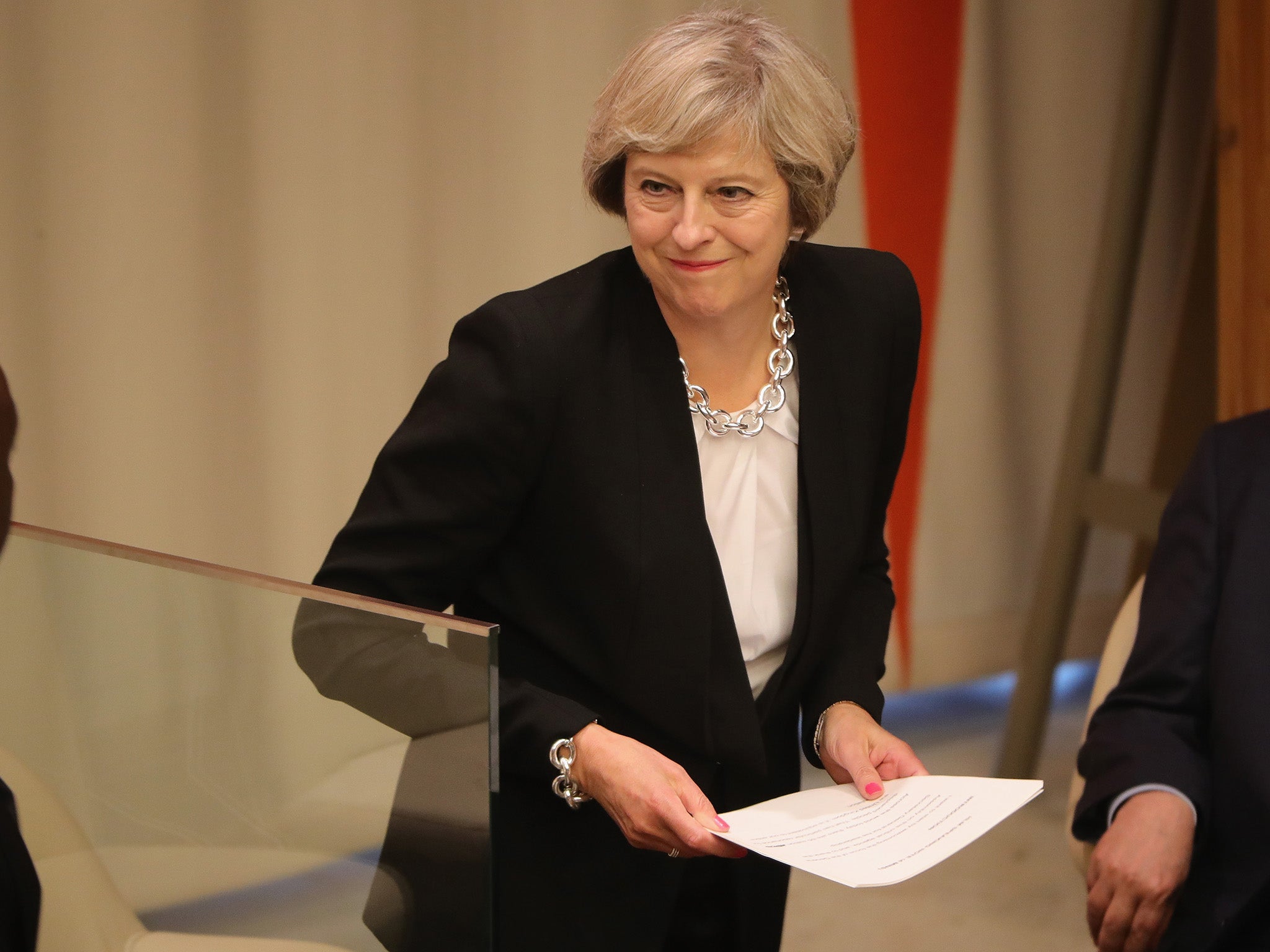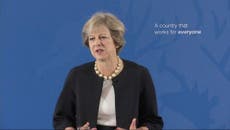Mea Culpa: Yes, Ms Prime Minister
Theresa May’s title, and begging questions with bated breath in this week’s Independent


A few readers are displeased by the way we refer to our Prime Minister, asking why we call her “Ms May”. The answer is rather mundane, which is that Ms and Mr have been The Independent’s preferred style for many years. I think this is right: it feels dated for a news organisation to be commenting on the marital status of women, particularly when it doesn’t do so of men.
The rule need not be applied religiously. I wouldn’t object to a reference to “Mrs Thatcher” if we were talking about her before her peerage. Strictly, our style is that she would be simply “Thatcher” as we don’t use honorifics for dead people, but that sounds a bit Militant. Nor would it be terrible to use “Mrs May” if we were quoting someone who would not have said “Muz May” out loud.
We don’t always stick to it – we called her Mrs May eight times last week, according to a search of the website – but Ms May is our house style.
Valuable antiques: An editorial on Tuesday said: “They do not, we may be sure, have such arrangements in Slovakia, Romania or China, whence new investment will surely go in even greater flows.” We did not mean “whence”, as Richard Harvey pointed out. “Whence” means “from where”. We meant “whither”, meaning “to where”. These are lovely archaic English words and it would be a shame to lose them, which we may do if we get them wrong and decide that they are too much trouble.
Classical logic: In the same editorial we said of the wealth tax proposed by John McDonnell, the shadow Chancellor, that, “like trade union law reform, it begs so many questions”. Again, thanks to Mr Harvey for pointing this out. “To beg the question” is a form of words that is well on the way to losing a rather unusual and specific meaning. Most often it is now used simply to mean to “raise” or “invite” the question.
It used to mean “to assume the truth of the proposition”. It comes from Aristotle, using “beg” in the sense of “ask”, hence “to ask the original question”. For example: “Opium induces sleep because it has a soporific quality.”
It is too late, I fear, to retain this special meaning in English. I can never remember it myself. But we should know that there are people who do remember and who do care. My advice is to avoid the phrase, but especially in editorials.
Hold back: Last Friday we reported that supporters of a cricket club had been encouraged to “watch with baited breath the developments from Lord’s that would make or break Somerset’s season”. As John Schluter reminded me, that should be “bated breath”. To “bait” is to taunt or to put bait on a hook. To “bate” is an obsolete verb that survives only in the phrase “bated breath”, meaning to hold back, akin to “abate”. But it is a cliché anyway. Even better than spelling it the original way would have been to use a different phrase altogether to convey the torment of the sports-watcher.








Join our commenting forum
Join thought-provoking conversations, follow other Independent readers and see their replies